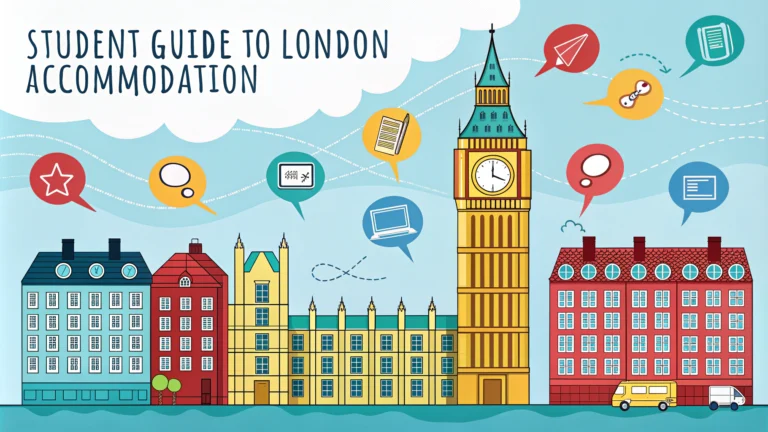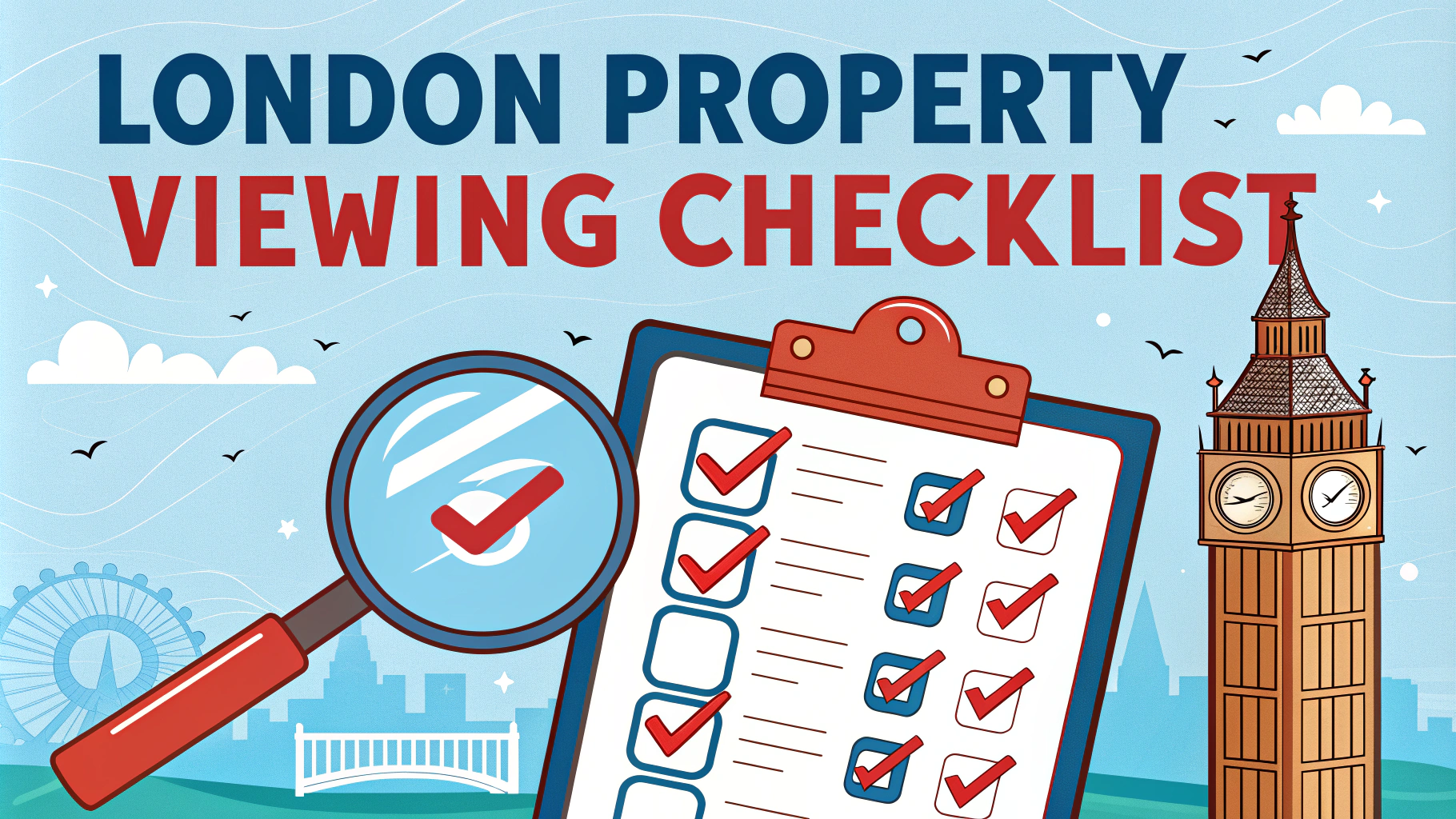Finding the right student accommodation in London can feel overwhelming, especially if you’re moving to the city for the first time.
London offers diverse housing options for students, from university halls to private rentals, each with unique benefits and considerations.
This guide breaks down everything you need to know about student housing in London, from costs and locations to practical tips for securing your ideal place.
Types of Student Accommodation
- University Halls: First-year student priority, typically £150-£250 per week
- Private Student Halls: Similar to university accommodation but independently operated
- Private Rentals: Shared houses or flats, usually £600-£900 per month per room
- Homestays: Living with a local family, around £150-£200 per week including meals
Popular Student Areas in London
| Area | Average Rent | Best For |
|---|---|---|
| Mile End | £600-£800/month | Queen Mary students, affordable options |
| Stratford | £650-£850/month | Good transport links, modern accommodation |
| Camden | £800-£1000/month | UCL/SOAS students, vibrant atmosphere |
| Shoreditch | £750-£950/month | Arts students, trendy location |
How to Secure Accommodation
- Start Early: Begin your search 3-4 months before your move date
- Budget Planning: Include rent, bills, transport, and deposit
- Documentation: Prepare proof of student status, references, and guarantor details
- Property Viewing: Always view in person or via video call before signing
Essential Checks Before Signing
- Confirm the property is registered with the local council
- Check for a valid Gas Safety Certificate
- Verify the landlord’s HMO license (if applicable)
- Review the Energy Performance Certificate (EPC)
- Document all existing damage during inventory
Useful Resources and Contacts
- Housing Organizations:
- London Student Housing – University of London Housing Services
- Shelter Housing Advice – 0808 800 4444
- Citizens Advice Bureau – 0800 144 8848
- Trusted Accommodation Websites:
- SpareRoom.co.uk
- StudentPad.co.uk
- UniteStudents.com
Moving Day Tips
- Book transport in advance (try Zipvan or Man with Van services)
- Take meter readings immediately upon arrival
- Set up utilities and internet before moving in
- Register with a local GP and dentist
- Update your address with bank, university, and other important contacts
Making Your Move Successful
Keep all documentation, including your tenancy agreement, inventory, and deposit protection details in a safe place.
Join local student groups and forums to connect with others in your area and share experiences.
Remember to register for Council Tax exemption as a full-time student through your local council’s website.
Monthly Budgeting Essentials
- Fixed Costs:
- Rent: £600-£1000
- Bills: £80-£120
- Transport: £60-£90 (Student Oyster)
- Variable Costs:
- Food: £200-£300
- Social activities: £150-£250
- Course materials: £30-£50
Safety and Security Measures
- Install additional locks if permitted
- Check smoke alarms and carbon monoxide detectors
- Keep emergency contact numbers visible
- Know your building’s fire escape routes
- Consider contents insurance for personal belongings
Building a Student Community
- Join residence Facebook groups
- Attend accommodation social events
- Participate in flatmate activities
- Connect with course mates living nearby
- Get involved in local student societies
Your Path to London Student Life
Finding the right accommodation is your first step toward a successful student experience in London. Take time to research your options, understand your rights, and prepare thoroughly for the move.
Remember that your accommodation choice affects not just your living situation but your entire university experience. Balance your budget with location, comfort, and social opportunities.
Stay informed about your tenant rights and responsibilities, maintain open communication with landlords or accommodation providers, and don’t hesitate to seek help when needed.
FAQs
- How far in advance should I start looking for student accommodation in London?
Start your search 4-6 months before your intended move date, as London’s student housing market is highly competitive and the best options get booked quickly. - What’s the average monthly cost for student accommodation in London?
Student housing costs range from £600-£1,500 per month, with university halls typically costing £700-£900 and private accommodation varying greatly by location and amenities. - Which London areas are best for students on a budget?
More affordable student areas include Stratford, Whitechapel, Mile End, Lewisham, and parts of South London like New Cross and Elephant & Castle. - What documents do I need to secure student accommodation in London?
You’ll need proof of student status, photo ID, proof of address, references, proof of income or guarantor, and usually 1-2 months’ rent as deposit. - Are bills typically included in student accommodation costs?
University halls usually include bills, while private rentals often exclude them. For private accommodation, budget an extra £100-£200 monthly for utilities. - How does the deposit protection scheme work in London?
Landlords must protect your deposit in one of three government-approved schemes within 30 days of receiving it, and provide you with the deposit protection certificate. - What’s the difference between university halls and private student accommodation?
University halls offer managed, secure environments with included bills and support services, while private accommodation provides more independence and often lower costs but requires more responsibility. - How do I set up council tax exemption as a student?
Full-time students are exempt from council tax. Request a student status letter from your university and submit it to your local council to claim exemption. - What transportation costs should I consider when choosing accommodation location?
Consider London Underground zones – higher zones are cheaper for rent but have higher transport costs. Student Oyster cards offer 30% discount on adult rates. - How can I protect myself from rental scams?
Only use registered agents, never transfer money without viewing the property, get everything in writing, and ensure the landlord is legitimate by checking the property’s ownership through Land Registry.








